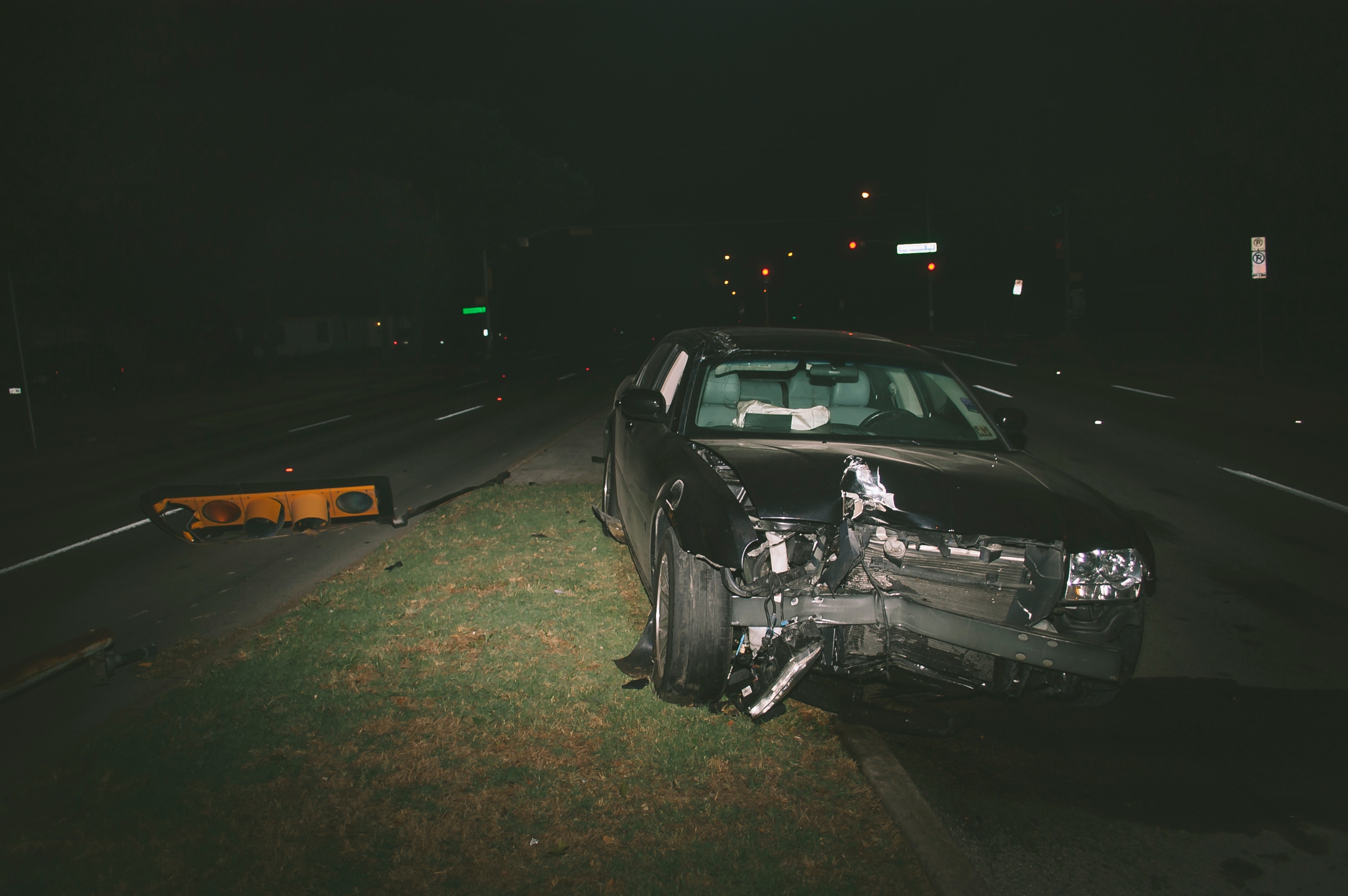It’s no secret that drinking and driving is incredibly dangerous. Yet, there are still constant news stories covering tragic deaths caused by an intoxicated driver. Even with ubiquitous rideshare platforms making it easier than ever to get home safely, some still opt to put their lives at risk.
According to a recent survey, over 53% of people say they feel capable of driving after drinking, and 34% of people say they drove within 2 hours of drinking in the last month. For whatever reason, many people believe they are invincible to the consequences of drunk driving – so much so that nearly a quarter of men admit to having driven while blackout drunk.
But the harsh reality is, these decisions cost lives every day. Every day, approximately 800 people are injured in a drunk driving accident, and another 29 people die. That’s more than one life lost every hour due to a bad decision.
Not only is drinking and driving dangerous, it’s also illegal. The BAC limit of 0.08 can qualify someone as legally intoxicated with as few as 2 drinks depending on body weight. Getting pulled over while ‘legally intoxicated’ can result in hefty charges that could have certainly been avoided by simply calling a cab.
The root of the problem comes down to the fact that these statistics can seem like nothing more than numbers on a page. Everyone knows that people die due to impaired driving. Everyone has seen the heart shattering public service announcements. Everyone has heard lectures from their teachers and parents to never drink and drive. But when it comes down to it, it couldn’t happen to you, right?
On average, three in five people will be involved in an impaired driving crash in their lifetime. Whether they are a passenger or a driver, the truth of the matter is that these statistics are in our own hands. It is us as a population that make up the numbers, and it’s up to us to do something about them.
Alcohol delays your cognitive skills making it extremely unsafe to hit the roads after drinking. This means a slower reaction time, lack of coordination, reduced concentration and vision and inhibited judgement – all of which make it a lot easier for a deadly slip up.
We should do everything in our power to stop our friends and family from operating any vehicle after drinking, or being passengers with a drunk driver. That means not just preaching these shocking stats and hoping they’ll do the right thing when the opportunity arises, but actually being there in the opportunity and taking a stand – no matter how many drinks anyone has had or who was ‘supposed’ to be the designated driver.
About half of people say they have been passengers with a drunk driver. It’s not enough to make the call not to drive after drinking, we should encourage others to do the same. Allowing someone else to take the liability of driving a car after everyone’s been drinking is far from acceptable, no matter how many times they assure you they’re capable of driving.
People most often justify riding with a drunk driver by ‘knowing them to be generally fine’. While they may be a good person, no one can safely operate a vehicle while intoxicated. Knowing someone to be fine will not protect the passengers in a wreck, no matter how long the drive was or what the other options were.
Whatever is being celebrated is not worth the risk of injury – or worse. There’s always another option to get home, whether it’s Uber, Lyft, or simply calling a friend. And if all of the options have been exhausted – just wait it out. At the end of the day, nothing is important enough to put lives on the line.


